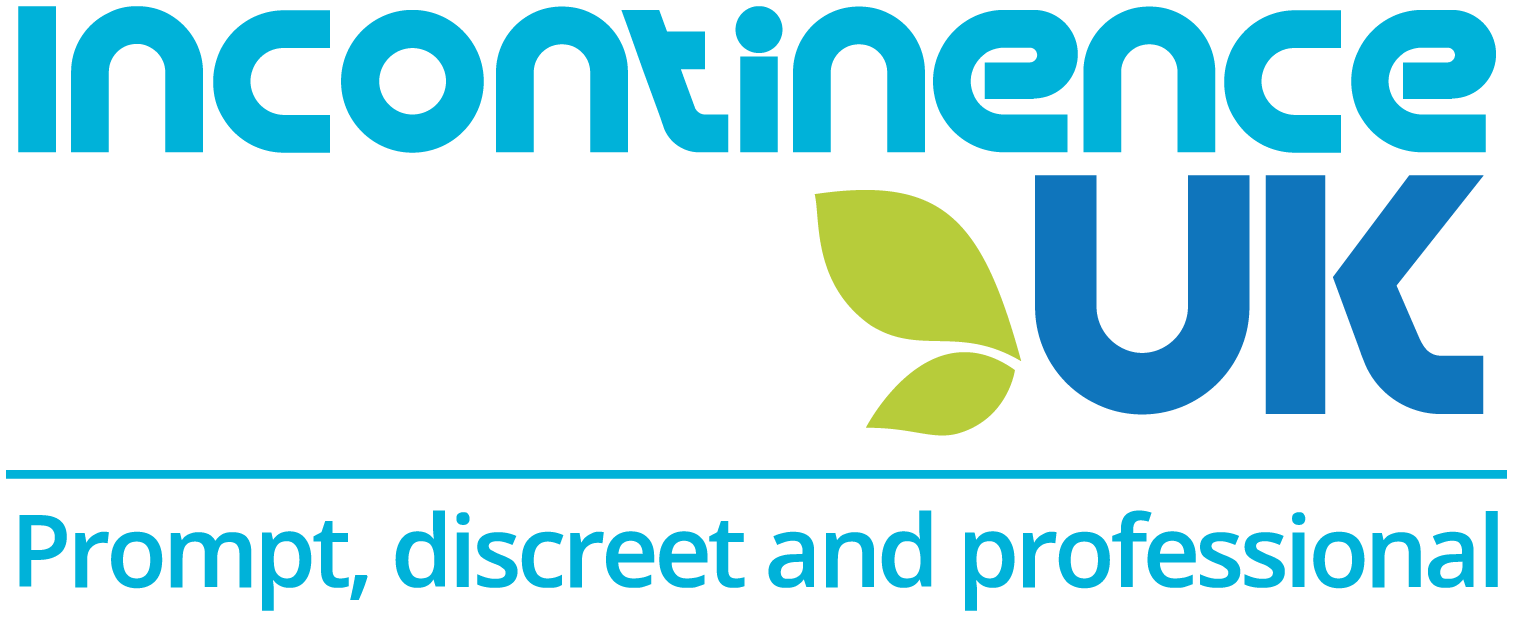27 July 2016
Hydration Tips for the Elderly
If you suffer from incontinence it is tempting to drink less so as to avoid any embarrassing mishaps. However older people, especially in the summer, are considered to be a higher risk of becoming dehydrated. This is in part due to the physiological process of ageing which affect several key factors necessary for maintaining good hydration.
Symptoms of Dehydration
embarrassing mishaps. However older people, especially in the summer, are considered to be a higher risk of becoming dehydrated. This is in part due to the physiological process of ageing which affect several key factors necessary for maintaining good hydration.
Symptoms of Dehydration
- Mild - Skin and membranes of nose and eyes become dry · Confused and sluggish · Light headed/faint when standing
- Severe - Urine is dark · Low blood pressure can be life threatening · Blood and urine can help diagnose and determine the severity of electrolyte levels
- Drink small amounts of fluids throughout the day, rather than drinking large amounts all at once.
- Five 8-ounce glasses of water per day is a good bench for elderly patients. Although everyone’s needs are different, studies have shown that elderly adults who drink 5 glasses of water experience lower rates of fatal coronary heart disease.
- Avoid coffee, alcohol and high-protein drinks, especially in large quantities, because they have a diuretic effect. This leads to a greater loss of body water, which can cause or exacerbate dehydration.
- Drink water, milk or juice with every meal, and keep favourite beverages nearby.
- Try to recognize the early warning signs of dehydration. Warning signs include fatigue, dizziness, thirst, dark urine, headaches, dry mouth/nose, dry skin and cramping.
- Remember that foods high in water, like fresh fruits, vegetables and some dairy products, can help meet your daily water needs.
- Fear of incontinence can diminish a patient’s urge to drink voluntarily. Therefore, drink more during the day and limit drinking before bed. Additionally, drinking small amounts of water throughout the day may help.






